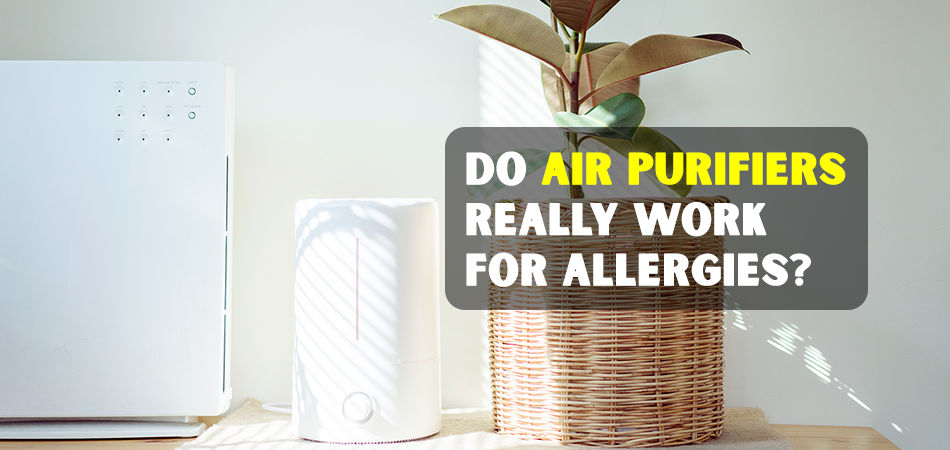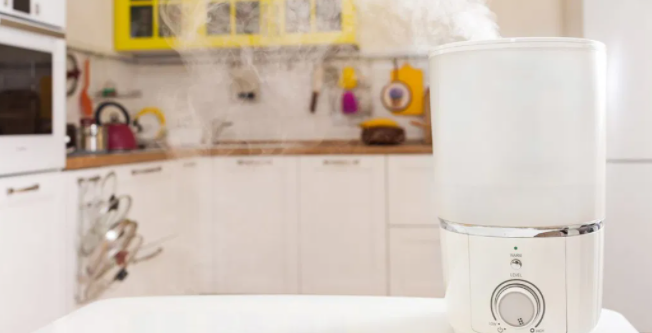Air pollution is ending the world as we know it and the air inside your home is the most contaminated. To solve the problem, air purifiers come in handy by removing all the airborne pollutants. It helps you to get fresh air free from allergies, dust, and other harmful pathogens.
However, people ask that do air purifiers really work for allergies? If it does not work, then all the money you’re investing will end in a vein. That is why it is important to know whether the air purifier you’re getting works for allergies or not. Get into the article to know if your air purifier will eliminate allergies or not.
Do Air Purifiers Really Work For Allergies?
So, do air purifiers really work for allergies? Well, it depends on what type of air purifier you’re getting in the first place. If you can choose the best air purifier for dust mites, then it will surely work for the allergies. On the other hand, if you cannot choose the right one, it will not work for allergies and that’s the rule of thumb.
Alongside that, you must make sure that you choose the air purifier with the right filter. It is because the filter determines the purifying quality of the purifier. When the filter fails to perform its task, you get polluted air. That’s why you must choose the right filter in the air purifier. In this case, the true HEPA filter will be perfect along with the activated charcoal and carbon filter.
Besides, the placement is also important. If you don’t place it in the right place, it will not serve well at eliminating the allergens. When you place the purifier, make sure it gets enough space to absorb the air along with the allergens in your room.
Also, you must clean and replace the filter once it goes out of order and catches on too many pollutants. Now the question becomes, how often you should change the filter? It depends on how good a purifier you have with how efficient a filter inside. In general, you should change it every six months.
How Can an Air Purifier Reduce Your Allergies?
There are three main tasks of the purifier. It absorbs the air, then purifies it along the way; and lastly, it spreads the pure air around.
It sucks the air with its intake fan mechanism, that is why it is important for you to put it in the right position. If you can determine the optimal position, it will absorb the most amount of pollutants.
As I told you that you should choose the purifier with a HEPA filter, it has a big role to play. HEPA filter offers 99.97% smallest pollutants and allergies removal easily. It absorbs allergens sized down to 0.03 microns which helps you stay out of even the smallest pollutants.
The circulation unit spreads the fresh air through your room. Also, some air purifiers come with multiple filters that can capture smoke and other large particles. The most common ones are carbon filters, activated charcoal filters, electrostatic filer along with pre-filters. These are usually the filters that effective at trapping allergens from the air in your room.
Frequently Asked Questions
After reading this content, do you have any more queries regarding the topic? If yes, then check out our FAQ section where we answered the common questions:
Is an air purifier or humidifier better for allergies?
Do allergists recommend air purifiers?
Does a HEPA filter help with allergies?
Final Thought
To wrap up the whole idea, do air purifiers really work for allergies? Well, it depends on the quality of the air purifiers and the filters it comes with inside. A good air purifier is designed to capture allergies and other pollutants and offer you fresh air all the time.
On the other hand, bad quality air purifier cannot cope with the bad air inside your room. You must choose the right air purifier for your room and get rid of the allergies efficiently. So, what’s the takeaway? Be sure the purifier has a HEPA filter with others like electrostatic or carbon filter with pre filter.



